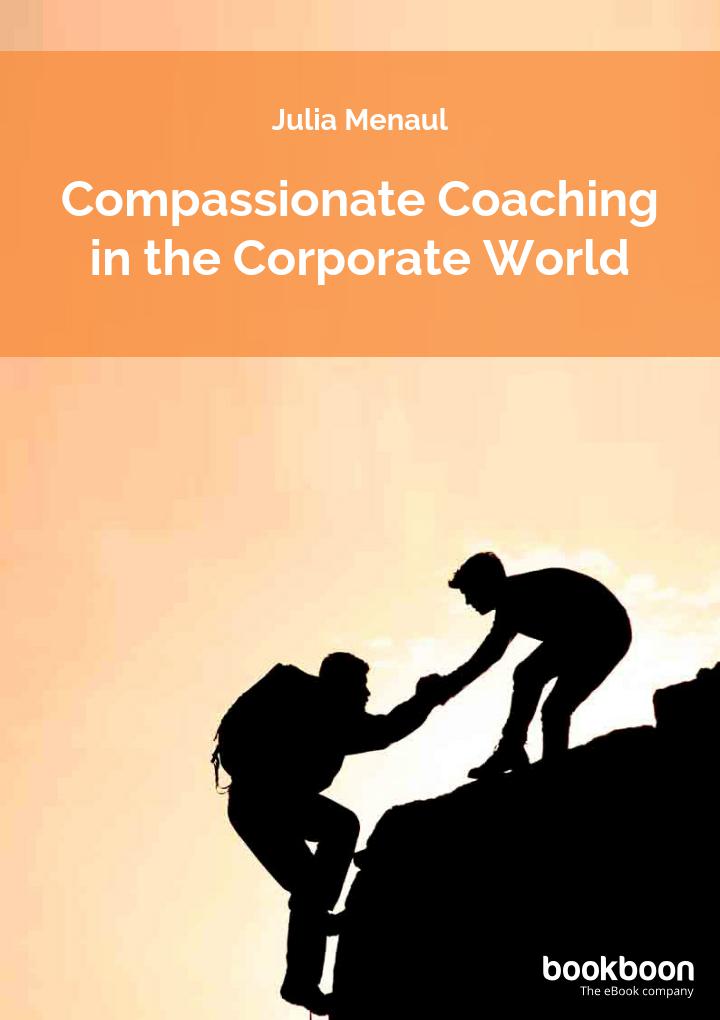Corporate kindness: How not to be the toxic boss

Anyone who has experienced corporate life in any sector will likely know that kindness and compassion within organisations are often lacking at best. Unfortunately, according to Compassionate coaching in the corporate world by Julia Menaul, this stems from the very idea of compassion at work can be equated with being soft and weak.
Menaul refers to compassion in 5 ways:
1. Being alive to the suffering of others
2. Being non-judgemental
3. Tolerating personal distress
4. Being empathetic
5. Taking appropriate action
Actionforhappines.org describes compassion: ‘Compassion is about caring about the suffering of others and wanting to help. It is more than just sympathy for someone’s needs, or an act that benefits someone else. It involves an emotional response to another person’s suffering and an authentic desire to help.”
If you want others to be happy, practice compassion. If you want to be happy, practice compassion.
– The Dalai Lama
Compassionate management
According to Menaul, with climbing the corporate ladder, comes a decrease in kindness towards employees. She says the higher up an organisation an individual goes the more likely they are to be cut off from listening to what is actually being said by those lower down the ranks. The power imbued by the hierarchy can unwittingly lead to a closing off from the distress of others.
 The toxic boss
The toxic boss
Being compassionate towards the suffering of others involves hearing their suffering in the first place. According to Julia Menaul, most managers rate themselves highly for listening skills even though often times those working underneath them would disagree. Menaul refers to this type of executive as the ‘Toxic Boss’. She mentions that when asked to describe their boss, US workers did not mention kindness or compassion.
How would you describe your boss?
- Self-oriented (60%)
- Stubborn (49%)
- Overly demanding (43%)
- Impulsive (41%)
- Interruptive (39%)
A compassionate leader not only notices when people around them are in trouble, they also try to do something about it. – Michael Jenkins, CEO Roffey Park
Menaul tells us that bosses are not surprised by the figure and admit they need to work on their management skills. However, when asked what they need to focus on, the common response is “bringing the numbers in”, not their people skills.
 Kindness at work: The SCARF model
Kindness at work: The SCARF model
The SCARF model can be a tool for managers to help them reflect and think about how they might minimise threats and maximise rewards.
For leaders, it is important to manage people in such a way that interactions encourage more ‘towards’ responses (reward) rather than ‘away from’ responses (threat).
SCARF stands for:
Status, which is about relative importance to others.
Certainty, which concerns being able to predict the future.
Autonomy, which provides people with a sense of control over events.
Relatedness, which is a sense of safety with others.
Fairness, which is a perception of fair exchanges between people.






